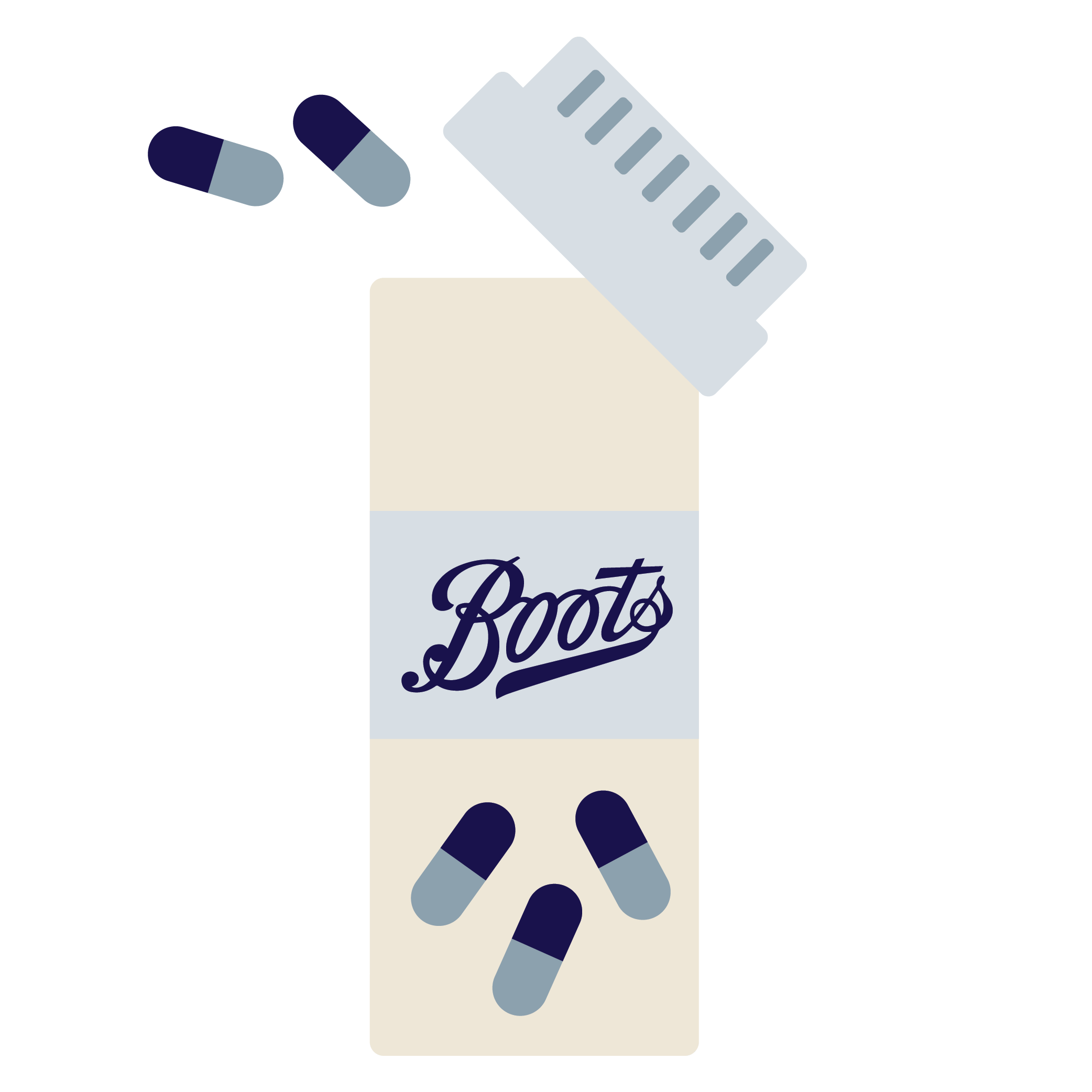
HIV PrEP TREATMENT FACTS
HIV PrEP TREATMENT FACTS
About HIV PrEP
We can prescribe the anti-retrovirals Emtricitabine/Tenofovir (generic PrEP) or Truvada to lower your risk of getting HIV, providing treatment is suitable for you and you already have experience of using it.
How do PrEP tablets work?
Truvada is the branded version of Emtricitabine/Tenofovir, so both treatments work in the same way. They are able to block HIV if it gets into your body to reduce the chance of you becoming HIV positive.

How do I take it?
There are different ways to take PrEP tablets depending on your lifestyle and the type of sex you have.
We can prescribe Daily PrEP (one tablet once a day) for either anal or vaginal sex. Or we can prescribe On
Demand PrEP (taken as-and-when it’s needed) for anal sex although please note that on-demand use is outside
the licence of the medicine, also called 'off-label'. If we prescribe treatment, we’ll explain exactly
how you need to take PrEP.
It is vitally important to take PrEP in the correct manner. Taking PrEP incorrectly will mean that you are
not adequately protected against contracting HIV.
What are the side effects of PrEP?
Common side effects can include: headache, dizziness, abdominal pain, diarrhoea, vomiting, nausea, rash
and/or itching, skin discolouration, feeling weak or low energy, allergic reaction, insomnia, abnormal dreams,
altered liver function tests, altered heart tests, or altered muscle blood tests. PrEP can also, over a long
period of use, cause a reduction in bone density and damage kidneys.
For the full information of a medicine’s side effects and how to take it, it’s important to read the Patient
Information Leaflet that comes with your medicine.
Important safety information
You must be HIV negative to use this service.
It’s important that you tell us which other medicines you’re taking — whether they’re prescription or
medicines you’ve bought without a prescription. You must also tell us about any other health conditions
you have. We need to know so that we only prescribe PrEP if suitable for you.
You must also tell any other healthcare providers who might prescribe you treatments that you are using
PrEP as it must not be mixed with certain other medicines.
What check ups must I have while taking PrEP?
You must get tested for HIV every three months. You must not take PrEP if you’re HIV positive. If you do,
it will make it harder to treat the infection in the future.
You should also test for sexually transmitted infections (STIs) every three months. Having an STI can
increase your chances of contracting HIV even if you’re taking PrEP.
You will also need to have a kidney (renal) function test before you can be prescribed any more PrEP.
If you’re under 40 you need to test every 12 months. If you’re over 40, you need to test every 6 months.
You should also consider getting vaccinated against Hepatitis B, if you aren’t already.
What if I’m pregnant or breastfeeding?
If you’re pregnant, trying to get pregnant, or breastfeeding you should not use this service. Please go to a local sexual health clinic for specialist advice.
How effective are these treatments?
If taken according to instructions, PrEP is highly effective in reducing the risk of getting HIV. In studies, PrEP lowered the risk of HIV infection by at least 90% in those who took the medicine properly. Because protection isn’t guaranteed, and to guard against other STIs, you should use a condom for best protection.
How is PrEP different to PEP?
PEP stands for Post Exposure Prophylaxis. This is a medicine you take immediately after having sex to protect
you from HIV if you think you’ve been at risk of catching it. It is not the same as PrEP. You cannot use PrEP as PEP.
If you’re concerned that you may have been exposed to HIV within the last 72 hours, contact your GP, local
sexual health clinic, or A&E. They may be able to offer you PEP.
Keeping you safe
If you do not feel safe, are experiencing abuse or control, or have experienced this in the past, please find support below or send us a message:
- Ask for ANI at your local Boots pharmacy
- Contact National Domestic Abuse helpline 24/7 on 0808 2000 247 (Women)
- Contact Men’s Advice Line mensadviceline.org.uk on 0808 8010 327 (Men)
- Look at www.mind.org.uk/information-support/guides-to-support-and-services/abuse/
- Emergency situation dial 999, speak, cough or tap, then speak or press 55 when through to the police
Page last reviewed by: Dr. Christina Hennessey 21/06/2021

